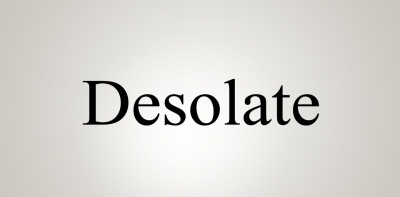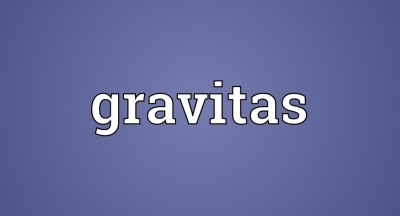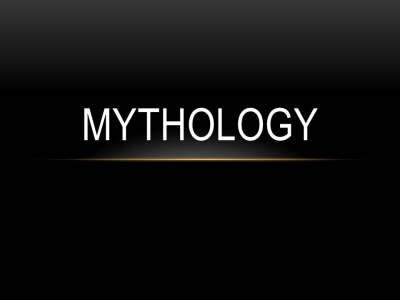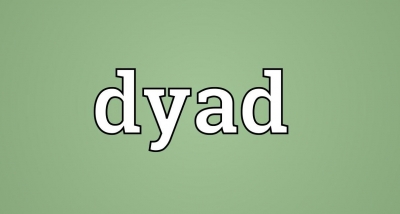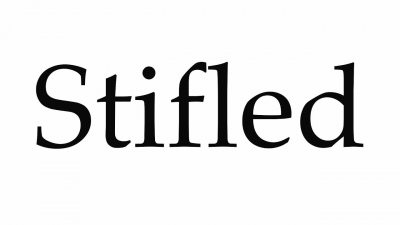What are the meaning, origin and usage of the word espionage?

Espionage
The noun stands for the activity of getting important political or military information about another country secretly. It can also be used for finding out another company's secrets using spies.
Origin
The word finds its origin in the late 18th Century, from the French word espionnage, from espionner meaning to spy from espion meaning a spy.
Usage
Corporate espionage could be the reason for ABC company's success.
Picture Credit : Google

